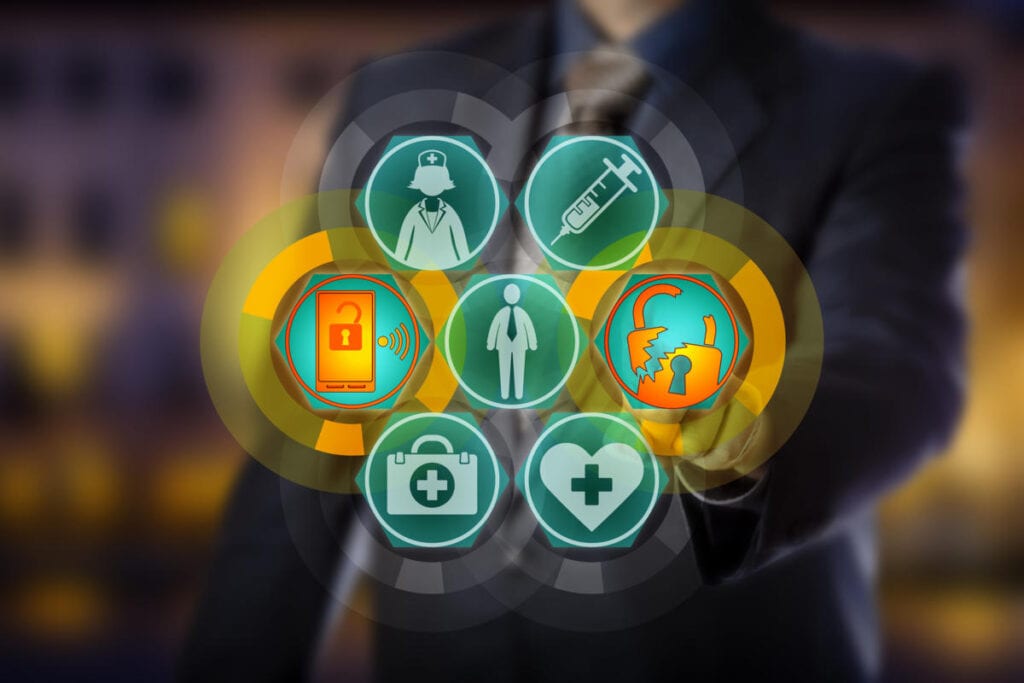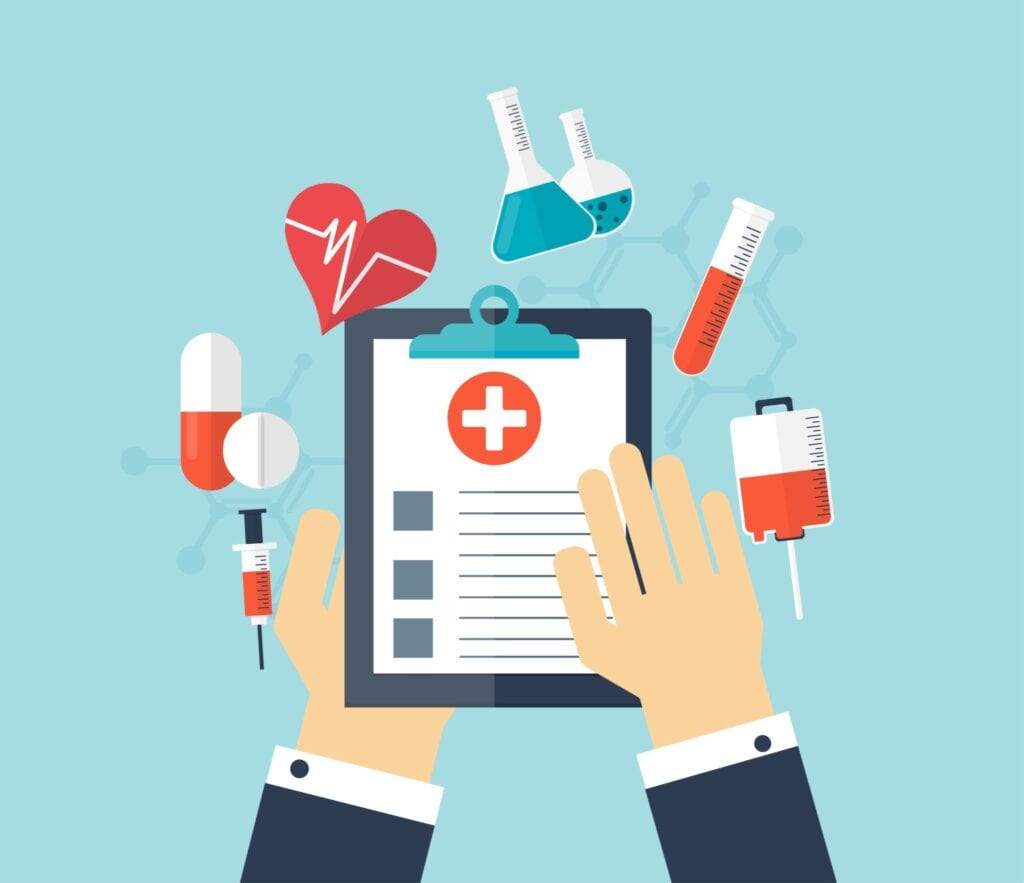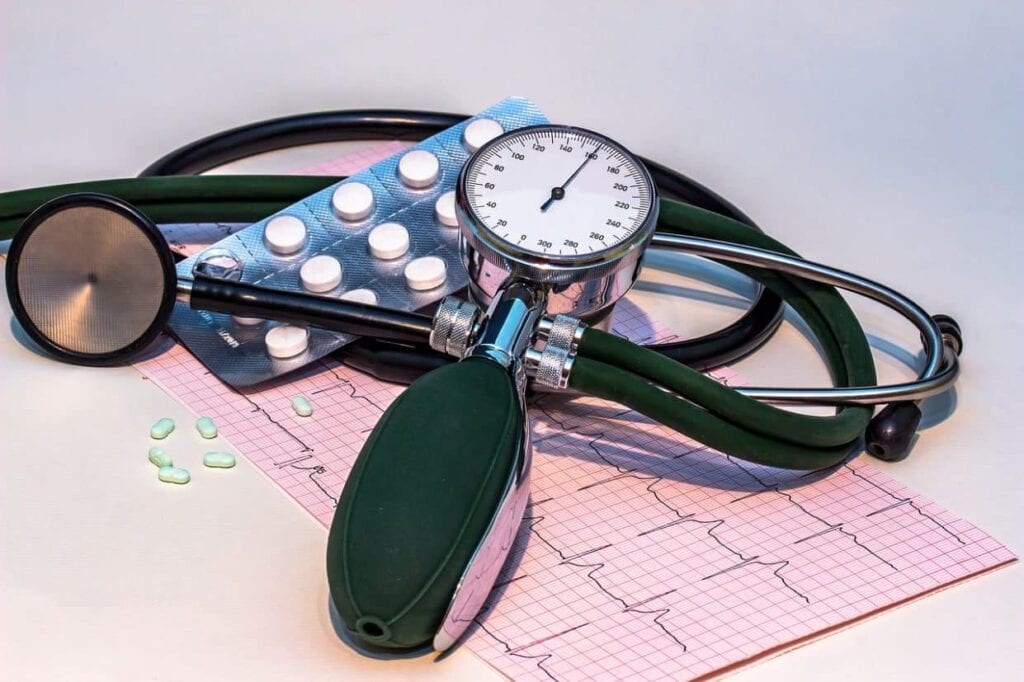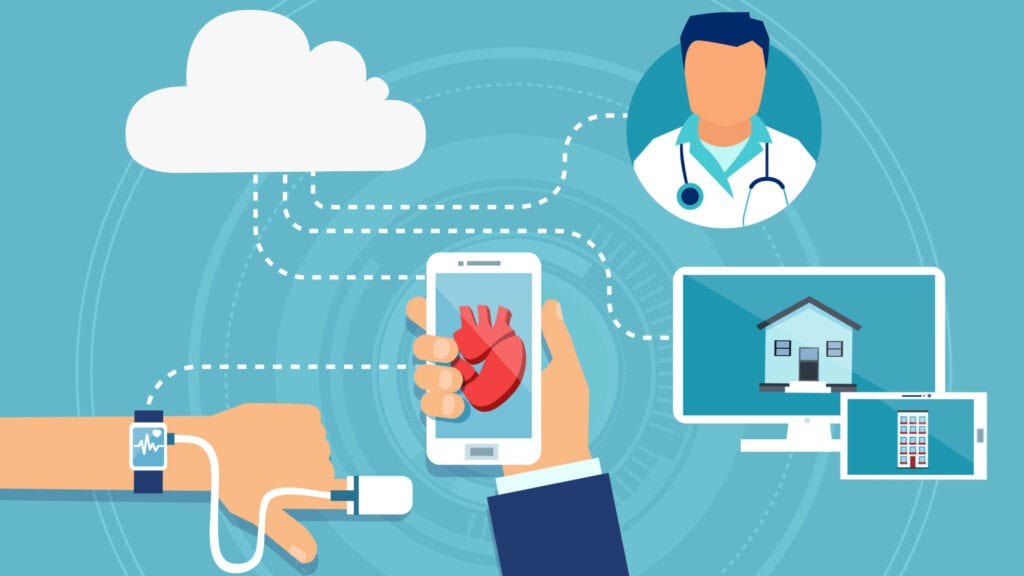General advancements and changes in technology have brought convenience to each industry. It also has provided numerous opportunities to serve more customers and clients alike. In spite of this, people must heed attention to the various impacts of these system modifications. They may have boosted the potential for efficiency and dependability; nevertheless, in certain cases, these advancements may be easily abused, breached, and misused.
For instance, in the healthcare sector, the vast amount of collected data must be kept safely to keep patient personal and medical information secure. Take note that most of these sensitive data and programs can be accessed not only by medical professionals but by potential hackers as well.
The Role of Information Management In Healthcare

Cyber threats are present in the healthcare sector. Hackers may attempt to use confidential files against patients or the healthcare organization to sell their information or other fraudulent activity.
Considering this, the healthcare sector must have information management policies to keep all confidential data—outpatient care files, clinical records, medical results, specialized examinations, transactions, and the like—safe from external threats. Security must be a priority for a lot of information systems because these files are frequently processed and retrieved.
Information management is utilized to define margins and policies to protect the accumulated data coming from the entire healthcare organization. The information management department has to have a team of professionals who can help develop programs and privacy rules while, at the same time, comply with legal systems.
Apart from this, these cybersecurity professionals have to work together to ensure that all files are secured and systematized to achieve zero breaches while maintaining an ease of access to all authorized personnel. To work as a health information management (HIM) expert, you need to take a program that includes specialized tech-related courses. For instance, if you’re an aspirant, you may click here and skim through the list of college courses or check other resources available online as well.
Why Information Management In Healthcare Is Important

With healthcare organizations upgrading their electronic databases and systems, experts and superiors in HIM must cooperate and come up with more advanced procedures to ensure data privacy, starting with patient information.
Considering their role, information management in healthcare remains to be of great importance. To further guide you, here are ways information management creates impact in the healthcare sector:
Hassle-Free And Immediate Data Compilation

Health information management’s role goes beyond the security of data. Physical copies of certain documents are challenging to compile altogether. To alleviate this problem, healthcare information systems (HIS) minimize paperwork and immediately computerize records and other essential documents. It can immediately compile documents in a uniform manner so all related parties can have access to this data.
This encourages error-free data administration which can help mold and systematize the internal management process of the healthcare company.
Great Patient Experience

With information management, you can now easily communicate and evaluate patient’s progress through the harmonious collection of data. For instance, as a medical professional, this enables you and your colleagues to convey proper and immediate care to your patients.
On your patient’s end, they may be able to receive comprehensive and coordinated procedures and programs. This is true, particularly to patients diagnosed with various illnesses who require cross-specialty cooperation.
With information management in healthcare, you can have a copy of relevant information and share this across multiple medical avenues. Consequently, you and other specialists may be able to achieve your desired outcomes when it comes to implementing treatments.
Notably, the delivery of this system helps in enhancing the level of patient care and experience while, at the same time, promotes operational efficiency.
Professional Coordination

With the presence of information management, healthcare providers can completely work together in creating treatment programs for their patients. Click here to learn more information.
For instance, during emergency operations, specialists and physicians can easily gain access to the patient’s medical history and examine existing allergies, procedures done, etc. Consequently, this may lead to better patient care and immediate action rather than delaying the process. All of these may potentially lead to faster recovery.
Convenient Process of Performance Appraisal

As the manager or even as the business owner, health information systems cater to various channels on which you can take a look at your team’s performance, check the efficacy of medicines, evaluate patient experience all throughout the departments, look over the business’ stability, and other crucial responsibilities.
Moreover, it easily allows you to review any progress without having to meet any personnel one at a time. This energy-saving system also encourages you to periodically check in with your staff’s level of productivity and evaluate the effectiveness of certain policies in the company.
Take note that periodical performance analysis is crucial to help you keep track of the progress and productivity of your team. It also helps you design trainings and seminars that are crucial to develop your employee’s skills and knowledge. All these efforts are executed to deliver quality assistance to patients across multiple hospital departments.
Furthermore, by providing opportunities for professional development and introducing systematic programs, you may be able to entice more people to be in the field and practice the profession.
Professional And Treatment Guidance

Information management systems offer learning tools and guidance to medical professionals when handling operational cases and patient diagnosis. This is important, especially during times when symptoms from two different illnesses would overlap.
Presenting the right diagnosis also helps provide the right and proper treatment. With the presence of HIM, healthcare providers are guided with decision-making and are supported through the availability of healthcare trends, advancement in medical technology, and other medical applications.
Remote Patient Monitoring

With the advent of technology, patient monitoring has evolved over the past years. For instance, to make things more convenient for both patient and physician, telemedicine approaches are being introduced. With telemedicine and information management, tracking patient’s progress and treatment plans has never been this efficient.
Likewise, with telemedicine and information management, healthcare providers can easily intervene with patient’s treatment plans and prescribed medicines under the same application.
As the physician, you can receive notifications whenever your patients encounter and/or report sudden problems. For instance, if your patient unexpectedly experiences allergic reactions with a certain medicine, you can directly respond to them through the application.
All these gathered data are then used to finalize health evaluations and avert further mistakes that could happen due to lack of guidance and/ or instructions.
Wrapping It Up
With the complex and ever-evolving healthcare sector, managements have to introduce systems and information management policies. This to ensure a seamless and effective delivery of medical treatments, programs, and interventions that may further aid in patient recovery. Apart from this, implementing these information policies can help secure confidential data against cyberattacks and other external threats.
 Imagup General Magazine 2024
Imagup General Magazine 2024



